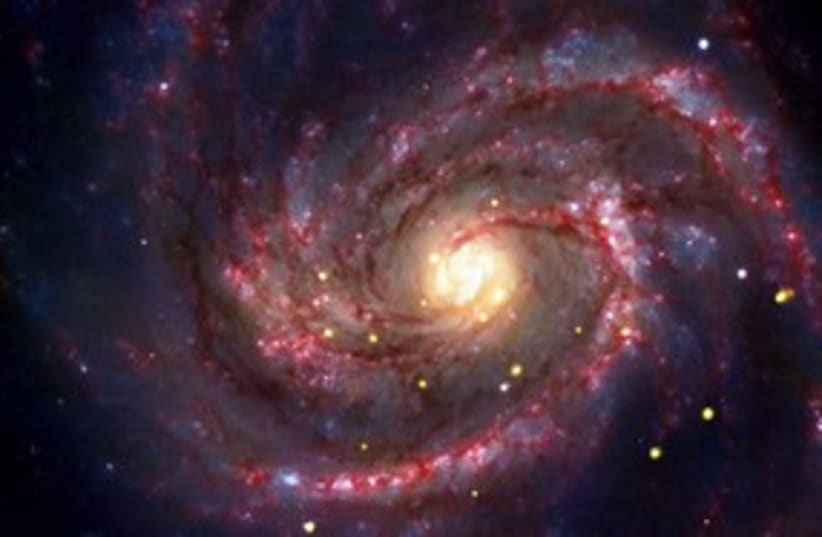Hoover, traveling to some of the world's most remote regions - such as Siberia, Alaska, and Antarctica - gathered some of the rarest meteorites known to exist on the planet. The astrobiologist extracted fossilized bacteria from the meteorites that he believes are the remains of living organisms from their parent bodies. This would mean that life existed on the meteorites before they entered earth's atmosphere.According to Fox News, Hoover examined fractures of the meteorite stones under a scanning-electron microscope and a field emission electron-scanning microscope and found micro-organisms that resemble those found on earth.Hoover then claimed that conditions would have existed on the meteorites, such as water and heat generated on the host comet or asteroid, that would have allowed the meteorites to provide an adequate place for the bacteria to grow. Hoover recognizes the controversy within his claim - that we may not be alone in the universe - and understands that his results may be proven false, the Fox News report said."It's an extraordinary claim," Hoover told Fox News, "and thus I'll need extraordinary evidence."Dr. Rudy Schlid, a Harvard scientist with the Harvard-Smithsonian's Center for Astrophysics and the editor-in-chief of the Journal of Cosmology has invited 100 experts and 5,000 scientists from the scientific community to review the paper and offer "critical analysis" of its conclusions and research.
NASA scientist claims evidence of extraterrestrial life
Dr. Hoover says fossilized bacteria on meteorites shows similarities to regular micro-organisms on Earth.

Hoover, traveling to some of the world's most remote regions - such as Siberia, Alaska, and Antarctica - gathered some of the rarest meteorites known to exist on the planet. The astrobiologist extracted fossilized bacteria from the meteorites that he believes are the remains of living organisms from their parent bodies. This would mean that life existed on the meteorites before they entered earth's atmosphere.According to Fox News, Hoover examined fractures of the meteorite stones under a scanning-electron microscope and a field emission electron-scanning microscope and found micro-organisms that resemble those found on earth.Hoover then claimed that conditions would have existed on the meteorites, such as water and heat generated on the host comet or asteroid, that would have allowed the meteorites to provide an adequate place for the bacteria to grow. Hoover recognizes the controversy within his claim - that we may not be alone in the universe - and understands that his results may be proven false, the Fox News report said."It's an extraordinary claim," Hoover told Fox News, "and thus I'll need extraordinary evidence."Dr. Rudy Schlid, a Harvard scientist with the Harvard-Smithsonian's Center for Astrophysics and the editor-in-chief of the Journal of Cosmology has invited 100 experts and 5,000 scientists from the scientific community to review the paper and offer "critical analysis" of its conclusions and research.